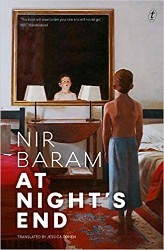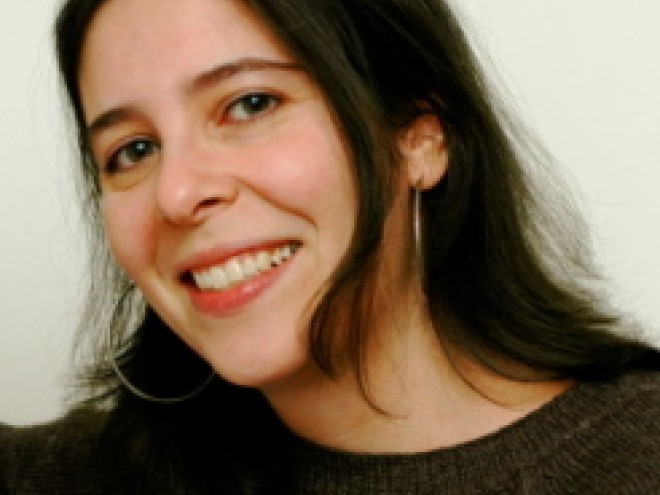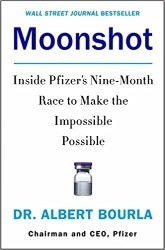Author of five internationally acclaimed novels and recipient of the Prime Minister’s Award for Hebrew Literature, Nir Baram has written his most ambitious fiction yet, a magisterial effort to chart the visible and not-so-visible forces acting on our times. Having grown up in Jerusalem in one of Israel’s famous political families (both his grandfather and father were Labor Party government ministers), Baram knows the ins and outs of both Israeli and international politics and intrigue. In World Shadow, he wields that impressive knowledge — the histories, politics, and violent conflicts of a staggering number of locales — to dazzling effect. From the underworld of London dissidents to the brutalities of war-torn Congo, to political campaigns in Washington DC, Tel Aviv, and Bolivia, this bold novel raises unsettling ethical questions and offers a gripping critique of the late-capitalist world, with all its concomitant passions and conflicts. Given that Baram is that rare novelist capable of capturing the intimacies of family love and friendship as well as global intrigue, World Shadow is woven with great sophistication and surprise.
For years, Baram has been interested in the transformations of the late twentieth century, and this novel is the triumphant culmination of his immersion in many political and economic spheres. As he once told a reporter, he is curious about “the type of global capitalism that emerged beginning in the 1980s, in the days of Reagan and Thatcher, and is still with us today, and mainly about the vertigo it causes. In other words, about the encounter between ethics, maybe even the spirit, of the individual and the will of the powers, the systems, the corporations we encounter when we go out into the world.” Capturing such vertigo with exceptional narrative and cultural insight, World Shadow brings several pivotal players into sharp focus: a deeply disenchanted and violently anarchic group that dreams of dismantling the current prevailing order through a worldwide strike of a billion people; an influential American consulting firm; an ambitious Jerusalemite Gavriel Mansour, who comprehends less and less the more powerful he becomes; and the American Daniel Kay, who turns against the conventional pieties of Western campaigns and politics to which he’s been long devoted. With these characters, Baram suggests that many people and entities wear liberal masks that hide unsavory actions and consequences.
As these interests and personalities clash, the novel moves between the 1990s and our present moment — and between literary genres and styles. To his lasting credit, each of the novel’s voices speaks with persuasive force and conviction, such that, at one point or another, every reader will likely find their worldviews challenged. As one of the novel’s unhappily enlightened characters muses: “Every campaign involved black money, in cash, and lots of it: anonymous donors, straw companies, foreign governments, non-profit organizations with inspirational names. It was never entirely clear who you were working for, but it was not just the candidate, and the candidate served various clandestine entities, some of whom he did not know and would never want to. The reality is that no candidate, anywhere in the world, has a true understanding of the array of powers behind him.”
World Shadow touches on the burning truths of our time. It is a thoroughly disquieting meditation on the roots of violence and the fading embers of democracy. Brimming with wrenching ironies and revelations about the treachery, cynicism, and corruption behind the forces that rule us all, this is a novel that the late John le Carré would surely have appreciated.
Readers with stamina for intricate, world-building novels (think Pynchon or DeLillo) will find numerous rewards here. Thought-provoking and melancholic, World Shadow resists clear conclusions but triumphs as an indelible portrait of our turbulent, unhappy age. Award-winning translator Jessica Cohen does a stellar job, tackling the novel’s multifarious voices and nuances so artfully it is surprisingly easy to forget that the novel was not written in English.
Ranen Omer-Sherman is the JHFE Endowed Chair in Judaic Studies at the University of Louisville, author of several books and editor of Amos Oz: The Legacy of a Writer in Israel and Beyond.





